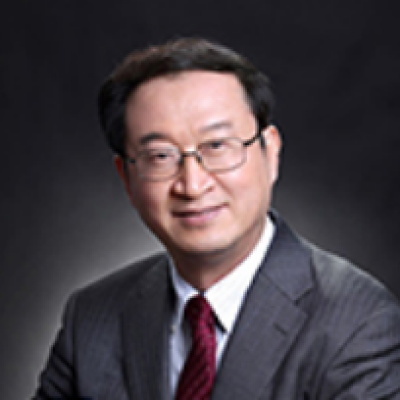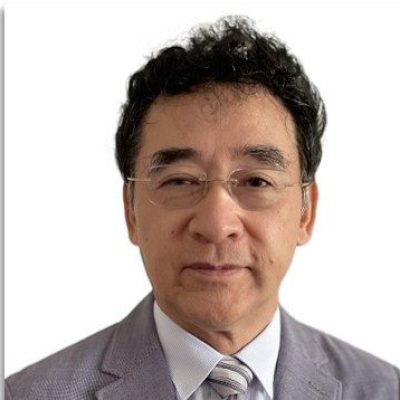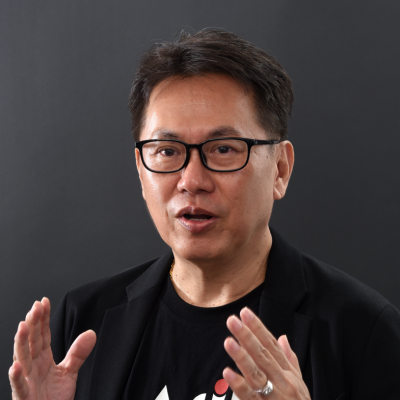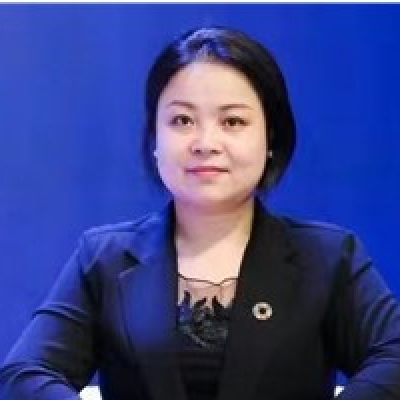PARALLEL SESSION ROOM1
| 10:45-12:15 | Gen AI Governance and Law in the Asia-Pacific Region (Jump to the session) |
| 13:30-15:00 | Empower Young Scientist, Accelerate AI Development (Jump to the session) |
| 17:00-18:30 | Digital Humanism – an Approach to Master the Global Challenges of Tech Power (Jump to the session) |
This session will review the mechanism design for risk management of generative artificial intelligence in the Asia-Pacific region from two different dimensions: regulation of AI and regulation for AI. In particular, it will focus on the progress of relevant legislation in various countries and comparative analysis of different legal models.

Weidong Ji (Chair)
Chair Professor and President, China Institute for Socio-Legal Studies, Shanghai Jiao Tong University, China

Yilei Shao (Chair)
Dean of the Shanghai Al-Finance School at East China Normal University, China

Xingzhong Yu
Chair Professor at the Faculty of Law at the University of Macau

Mayu Terada
Professor, Hitotsubashi University

James Ong
Founder & Managing Director, Artificial Intelligence International Institute (AIII) and Adjunct Professor, Singapore University of Technology & Design (SUTD) & AI Mega Centre

Dan Linna
Senior Lecturer & Director of Law and Technology Initiatives, Northwestern Pritzker School of Law & McCormick School of Engineering (Computer Science Department)

Guanjun Wu
Distinguished Professor, Dean of the School of Politics and International Relations, Director of the Institute of Singularity Studies, East China Normal University
Government support serves as a catalyst for the growth and success of young scientists in the AI development area, fostering innovation, addressing challenges, and ensuring the responsible and ethical advancement of artificial intelligence for the benefit of society at large. There are several compelling reasons why government should do so, including but not limited to: 1. Investing in young scientists to foster a culture of innovation, boost a country’s competitiveness in the global AI landscape by generating cutting-edge technologies and solutions; 2. A thriving AI sector contributes significantly to social and economic growth. Empowering young scientists ensures a skilled workforce capable of driving advancements that positively impact industries and stimulate sustainable development. 3. Empowering the next generation of AI experts positions a country as a global leader in technological advancements, attracting international collaborations and partnerships. In this session, we will have World Young Scientist Summit Secretariat, government, university, young scientist share its experience, relevant policies and success case. Through that, we aim to increase the global awareness of supporting young scientist and invite more international government, public & private organizations to escalate AI social and economic development by empowering young scientist in this field.

Jane Wu (Chair)
Executive Director/Executive Secretary General, Venture Cup China/World Young Scientist Summit Secretariat
Sjoerd Dikkerboom
Officer for Innovation, Technology and Science, Consulate General of the Kingdom of the Netherlands in Shanghai
Chao ZHOU
Senior Engineer, Nano and Advanced Materials Institute Limited
Kai MIAO
Assistant Professor, Director General, University of Macau, Faculty of Health Sciences, Macau Association for Young Scientists
Erli LYU
Lecturer, Macao Polytechnic University, Faculty of Applied Science
Informatics, its artefacts and methods, change(d) our society and world, from the individual personal level up to the current geo-political powerplay. Today, Information Technology (IT) serves as the operating system of our society. However, digital technologies have a double face: besides keeping our society running they can contribute to solving major problems of humanity, but at the same time they have also acquired the dubious reputation of being unethical and promoting socially undesirable power relations. AI is a good example of this tricky situation – one could almost call it a Faustian bargain. “Our” technologies are disrupting societies and questioning our understanding of what it means to be human. However, this development is not God-given; alternative paths are possible, for people and society. “Digital Humanism” is such an approach to develop digital technologies centered on human and societal needs, building on and furthering social achievements. We plan a keynote as introduction, where we discuss this approach, the international initiative behind it as well as its achievements and related challenges. For the following panel, we will focus on the global perspectives and could suggest relevant international experts in the area of Digital Humanism. We would very much welcome on the panel, experts from China, Asia and the Global South in order to discuss and elaborate on the potential of the Digital Humanism Initiative in this part of the world and for the Global Digital Compact.

Hannes Werthner (Chair)
Professor & Founding Father of Digital Humanism, TU Wien (the largest research and educational institution in technology and natural sciences, Austria

Peter Knees
Associate Professor, TU Wien

Rostam Josef NEUWIRTH
Professor of Law and Head for Department of Global Legal Studies at the University of Macau

Xingzhong Yu
Chair Professor at the Faculty of Law at the University of Macau
